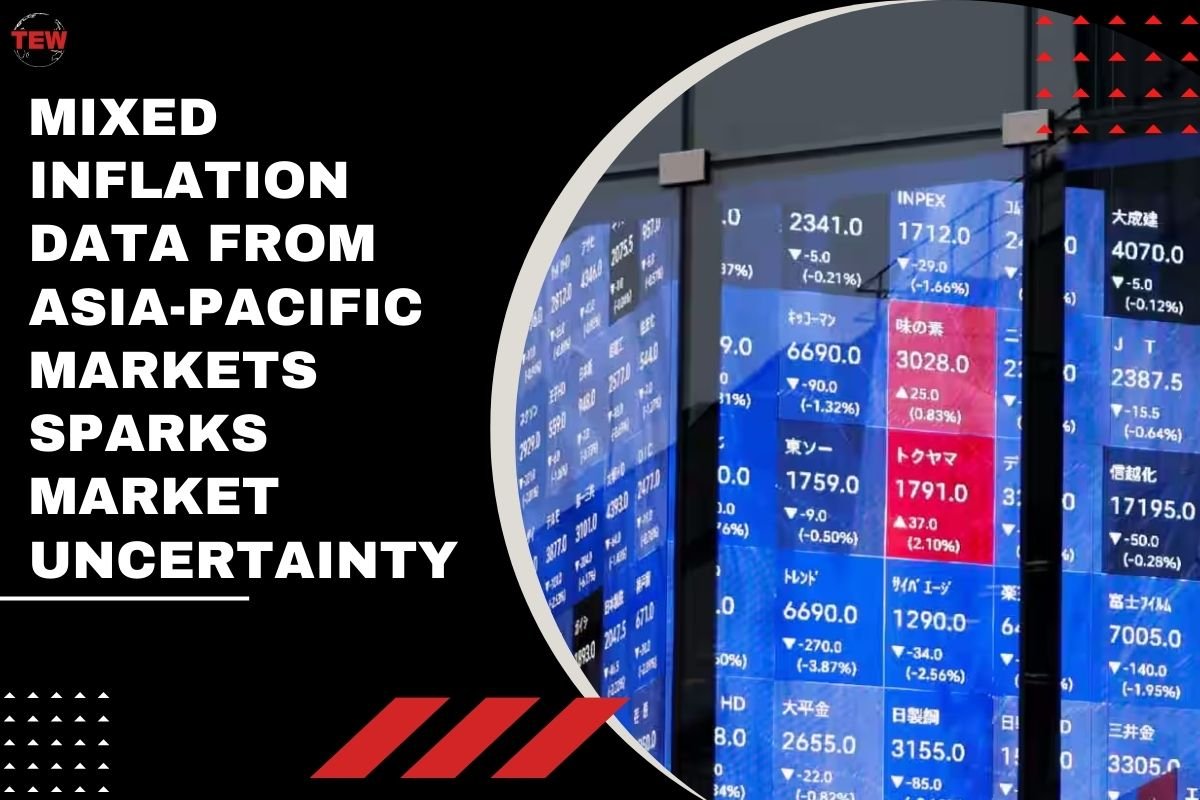(Source -Zee Business)
Inflation data from China and Japan revealed mixed results, contributing to uncertainty in Asia-Pacific markets as investors await the U.S. Federal Reserve’s decision. China reported a May inflation rate of 0.3%, falling short of economists’ expectations of 0.4%, while Japan’s corporate goods inflation rate surged to 2.4% in May, surpassing expectations and marking its fastest increase since August.
Following the release of China’s inflation data, the Hang Seng index in Hong Kong experienced a decline of 1.35%, while the mainland Chinese CSI 300 showed marginal gains, closing at 3,544.12. These contrasting movements underscore the volatility in Asian markets amid divergent economic indicators.
China and Japan’s Inflation Figures
Investors in Asia are closely monitoring the U.S. Federal Reserve’s decision, scheduled for Wednesday, which coincides with the release of the country’s May inflation report. Additionally, India’s inflation rate is expected to rise marginally to 4.89%, slightly higher than April’s increase of 4.83%, adding to market apprehensions.
Despite Wall Street’s bullish sentiment, with Apple’s shares surging by 7% to new highs and lifting the S&P 500 and Nasdaq to record levels, risk appetite in Asia remains patchy. Concerns surrounding China’s economic outlook contribute significantly to this uncertainty.
While economists anticipate a slight uptick in China’s consumer inflation rate to 0.4% annually, the ongoing decline in factory gate inflation highlights persistent deflationary pressures. Producer prices have been consistently falling since October 2022, indicating challenges in achieving sustained economic recovery.
Impact on Asia-Pacific Markets Ahead of U.S. Federal Reserve’s Decision
Amidst these economic dynamics, the Bank of Thailand is expected to maintain its key interest rate at 2.50% for the fourth consecutive meeting, delaying anticipated rate cuts until the final quarter of the year. Despite subdued inflation levels, the Thai baht has depreciated by approximately 6% this year, reflecting external economic pressures.
Thailand’s political landscape adds further uncertainty, with ongoing court cases, including one involving the prime minister, contributing to investor nervousness and stock market volatility. This political instability exacerbates challenges in stimulating economic growth and investor confidence in Southeast Asia’s second-largest economy.
Elsewhere in Asia, market participants will closely monitor unemployment figures from South Korea, industrial production data from India, and Japan’s wholesale inflation figures. Japan’s anticipated wholesale inflation rate of 2.0% in May, the highest since September, underscores regional variations in economic performance and market sentiment.






